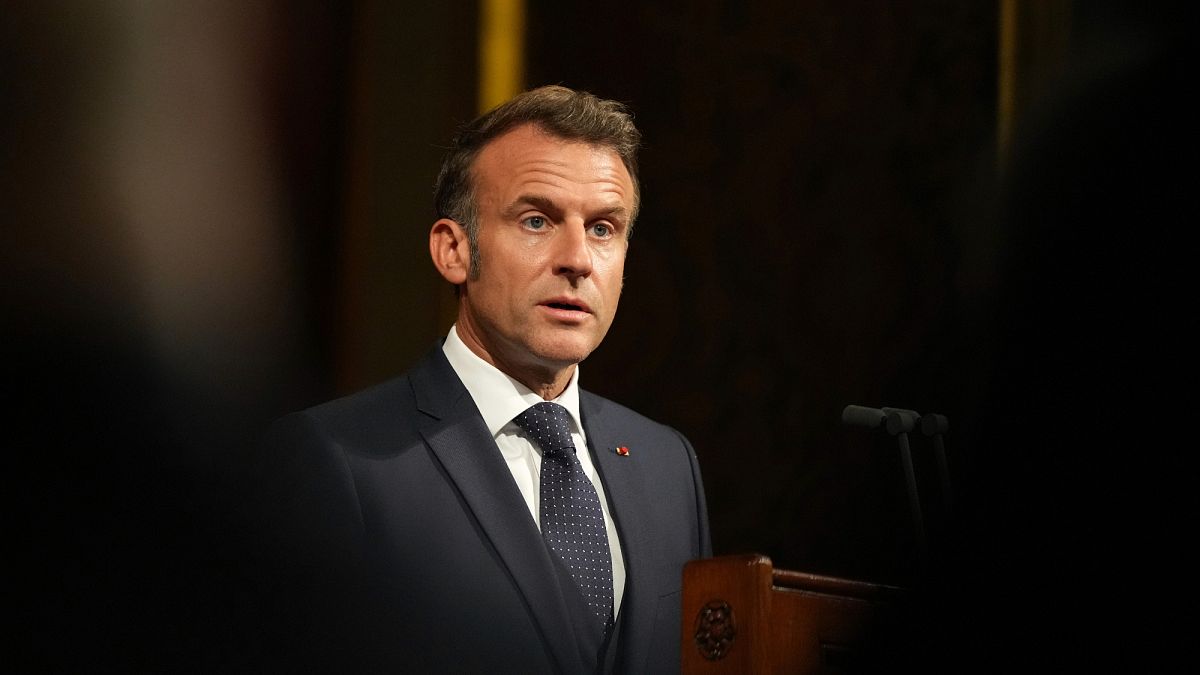

In a world characterized by intricate geopolitics and evolving alliances, recent developments highlight the significance of international cooperation in addressing pressing global challenges. Among these pivotal moments is the state visit by French President Emmanuel Macron to the United Kingdom—a gesture underscoring the potential for collaborative leadership between the two nations in shaping Europe’s future. Concurrently, diplomatic endeavors persist as stakeholders aim for a long-lasting ceasefire in Gaza, emphasizing the complexities of peace negotiations.
President Macron’s three-day visit marks the first state visit to the UK by a European Union head of state since the UK’s departure from the EU in 2020. The visit serves as a symbolic reset in relations between the UK and the European Union, highlighting a renewed commitment to forging a harmonious future. During this visit, President Macron addressed both Houses of Parliament, emphasizing the crucial role of France and the UK in maintaining the continent’s security. The French President articulated a vision of partnership, suggesting that by aligning their efforts, the two countries can play a pivotal role in securing Europe’s stability and prosperity. This invigorated partnership carries the promise of addressing both regional and global issues in a manner that benefits the broader European community.
Further to this narrative of cooperation, another international endeavor is unfolding in Qatar, where progress is being made towards a potential ceasefire in Gaza. Indirect talks between Israel and Hamas have begun, guided by a broad US-sponsored framework aiming for an initial 60-day ceasefire. While the anticipated rapid conclusion of a ceasefire agreement was met with tempered expectations by Qatari officials, the dialogue serves as a crucial step towards a long-term resolution of the ongoing conflict in the region, which has persisted for 21 months.
The peaceful aspirations in Gaza resonate with broader diplomatic initiatives, reminding us that achieving peace often demands patience and sustained commitment. The indirect nature of the talks illustrates the complexity of international negotiations, where multifaceted approaches and diverse mediators converge to facilitate breakthroughs. While immediate outcomes might not materialize, the commitment to dialogue manifests the collective yearning for peace and stability in the region.
Together, these developments highlight the evolving landscape of global diplomacy. As France and the UK renew their focus on a united Europe, their efforts are matched by international attempts to foster peace in regions like Gaza. These initiatives underscore the broader theme of modern diplomacy, where unity, dialogue, and collaboration emerge as central tenets in building a harmonious global community.
The path forward presents an opportunity for mindful engagement, where nations are called upon to reconcile past divergences with a shared vision for a peaceful and collaborative future. As Europe carefully navigates its post-Brexit relationships, the commitment shown by leaders like Presidents Macron emphasizes the importance of resolving differences and focusing on collective strength. Similarly, in regions marred by conflict, persistent diplomatic endeavors reflect an unwavering dedication to peace, even when faced with significant challenges.
Mindfulness and continuous dialogue remain at the heart of such efforts, reminding us that progress is often achieved through resilience, cooperation, and a shared desire for a better world. As both European leaders and Middle Eastern negotiators demonstrate, working together with mutual respect and understanding can indeed pave the way for lasting solutions, even in the most complex geopolitical landscapes.
Source: {link}
